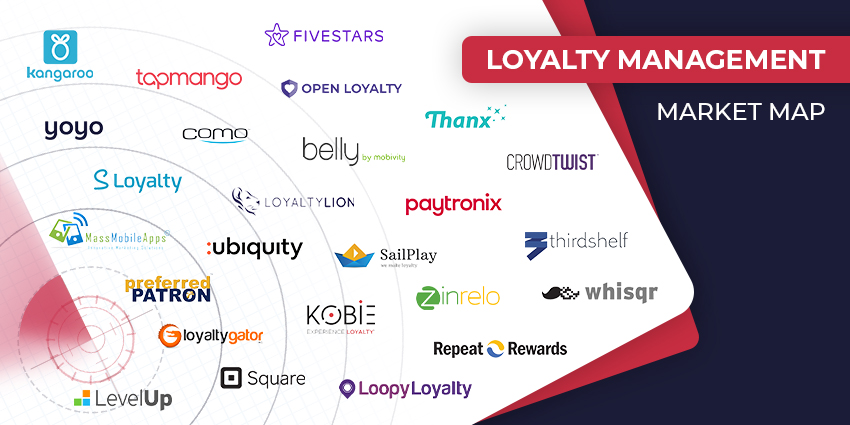Experience management firm Qualtrics and premium talent marketplace theBoardlist have announced the results of a study into the future of work.
Among the standout findings were that 45% of working parents feel discriminated against for focusing on their families during the global COVID-19 pandemic – with complaints including receiving criticism from employers, being passed over for promotion, and asked to cut back on hours. Higher-level employees such as managers, directors and vice presidents were 40% more likely to feel discriminated against.
“The past year has been tough on many levels. Our research shows that as a result, employees have changing expectations including in their jobs and priorities,” said Julia Anas, Chief People Officer, Qualtrics. “Whatever challenges companies may face as they begin to forge ahead with new work experiences, regularly connecting with employees, being open to input, understanding their needs, and acting on that feedback will be the key differentiator to creating a better environment for employees to thrive and succeed.”
The companies said that flexibility for employees would be key for the future of work as hybrid working becomes the nom – with more than half saying working from home would improve their mental health moving forward. However, 42% said they still felt pressure to work in-person even if a hybrid or remote option is on the table.
“This study offered clear insights into the impact Covid had on working parents and women; however, these findings are not surprising. What became very clear in 2020 is that women still bear the brunt of domestic and childcare duties. And, women have historically been overlooked for promotions, raises, and benefits because of the perception that they are not as committed to their workplace. These two factors continue to have repercussions on a woman’s access to leadership opportunities,” said Megan Wang, COO, theBoardlist.
Among the study’s other findings were that:
- The groups most likely to suffer declining mental health during the pandemic were women and members of Gen Z – with a total of 27% of all employees saying their mental health declined during the pandemic.
- Companies are also looking to add more women leaders, with 52% of employees saying that having women in leadership improves flexibility and work from home options and 53% saying their employers were actively increasing the number of women in leadership roles
“The good news is that more people are recognising the need for flexibility in the workplace, and it is encouraging to see 58% of employees believe that their company would benefit from having more women in leadership roles,” aid Megan Wang. “It would be great to see that number higher; however, I bet if we had surveyed this a decade ago, it would have been significantly lower. Progress is being made, even if slowly.”







